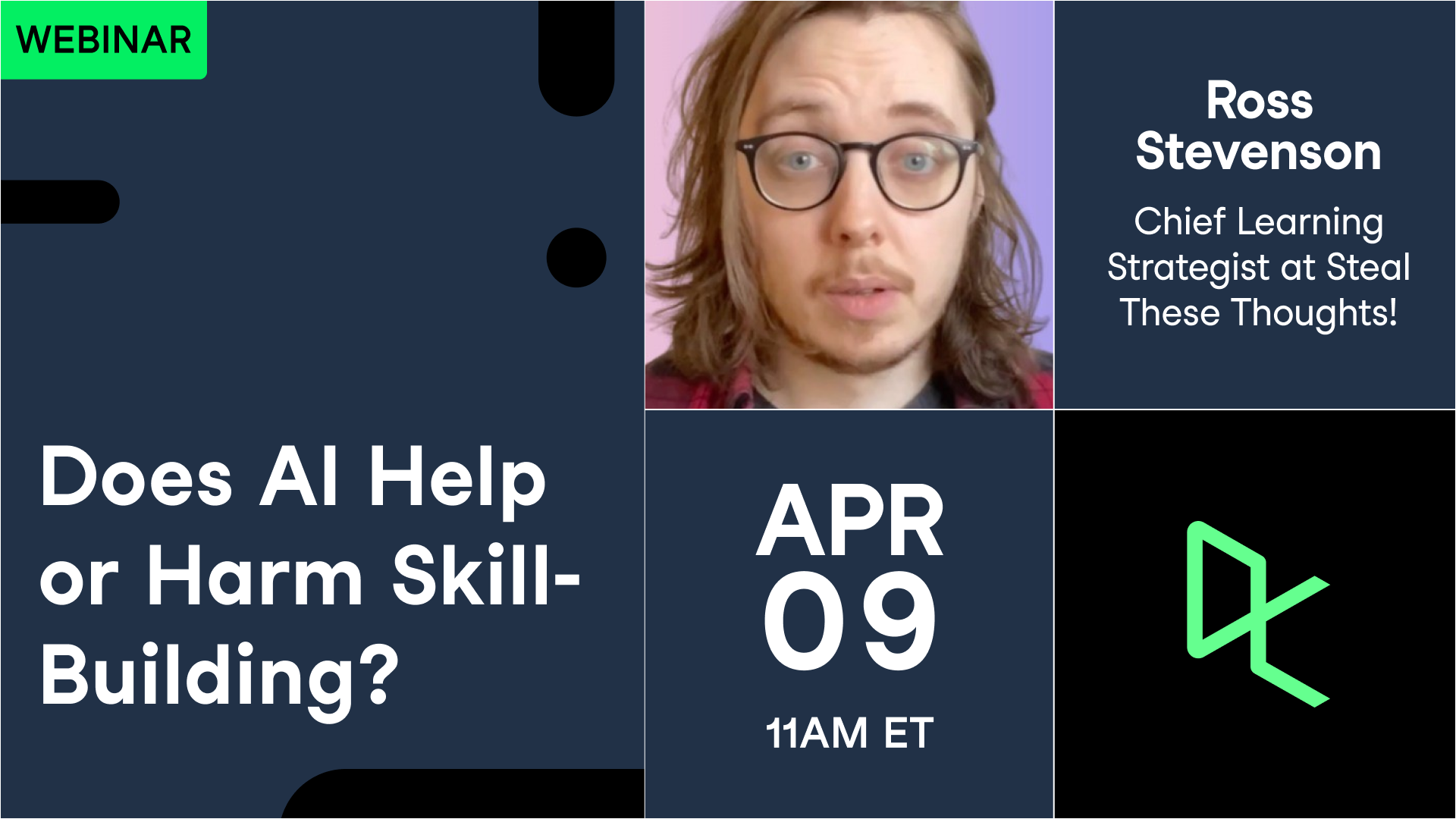Related
webinar
AI In The Enterprise: Developing AI Talent
Damien Herrick, Ita Petrika-Lindroos, and Thomas Bodenski discuss strategies for developing AI talent. Learn which AI skills and roles are in demand, how to attract the right talent, and how to build AI literacy across your organization.webinar
AI and the Workforce: How Will AI Reshape Data and Technology Roles?
Industry experts explore how AI is reshaping the skills, responsibilities, and opportunities within the tech industry.webinar
Building a Learning Culture in the Age of Generative AI
Industry experts explore how organizations can foster continuous learning and adaptability in the age of AI.webinar
Building Trust in AI: Scaling Responsible AI Within Your Organization
Explore actionable strategies for embedding responsible AI principles across your organization's AI initiatives.webinar
Building AI Skills with DataCamp
Discover how DataCamp can help you future-proof your career and business with new AI-focused courses.webinar

